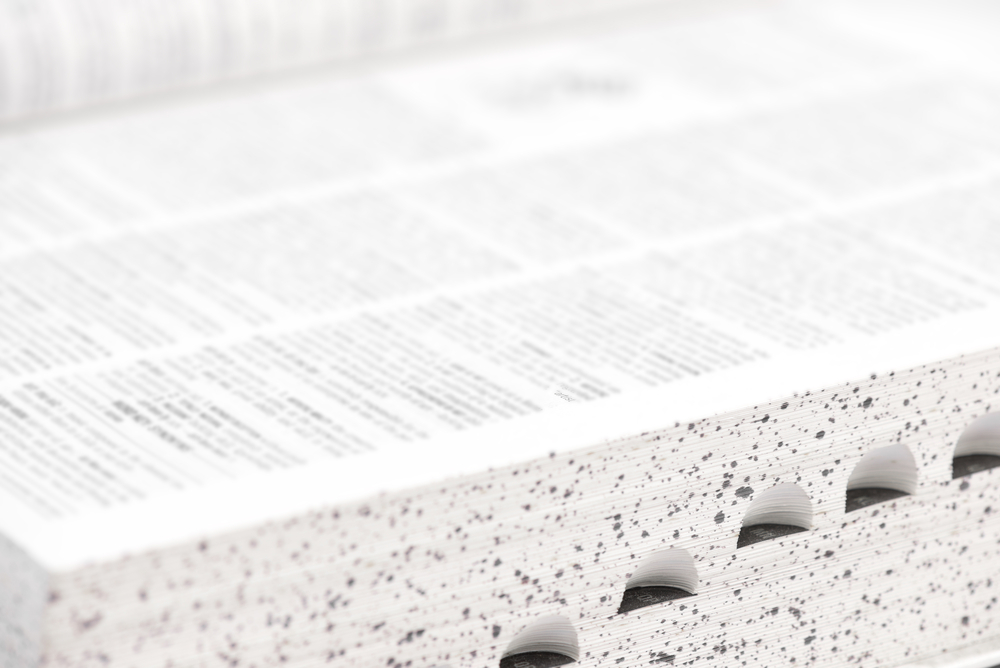The dictionary definition of sober is “not drunk or affected by alcohol, free from alcoholism, not a habitual drinker; serious, staid, muted, solemn, and/or sensible.” Which is a comprehensive enough definition if your interest is purely scholarly; but if you have personal investment in finding freedom from alcoholism (or any other addiction), it’s important to also consider the mindset that makes physical sobriety a normal state of being and not simply a burden to be tolerated.
Let’s look at how various aspects of the above definition relate to alcoholism and to finding freedom from addiction.
“Sober” as in “Not Drunk”
Since “drunk” and “not drunk” both refer to immediate conditions, even someone with serious alcohol addiction is obviously sober in this sense part of the time. It’s also possible to be addicted without being strictly “drunk” on any regular basis: although that certainly can be a symptom , addiction in the medical sense requires only:
- Regular substance use that interferes with everyday functioning or relationships
- Inability to change substance-use habits even after ongoing best efforts
- Withdrawal symptoms if regular use is stopped or cut back.
“Sober” as in “Not a Habitual Drinker”
Of course, anyone with active alcoholism is a habitual drinker-but, technically, so is someone who has a martini every Saturday evening and never develops an alcohol problem. In any case, alcoholism-related drinking habits come in a variety of patterns, not all of which fit popular stereotypes (for example, some people with alcoholism drink primarily on weekends and would hardly be considered habitual drinkers by those who see them on work days).
“Sober” as in “Not Affected by Alcohol”
This type of “sobriety” may actually be a red flag, as it is more likely to be seen in those with alcohol addiction than in those who (all other factors being equal) drink the same amount of alcohol without having an addiction. One symptom of alcohol abuse disorder is having built up physical tolerance for the drug, thus being able to consume “normal” amounts of alcohol without the “normal” effects. (Note that, even aside from the addiction question, someone who isn’t visibly affected may still have consumed enough alcohol to adversely affect performance.)
“Sober” as in “Serious, Staid, Muted, Solemn”
This use of “sober” isn’t confined to contexts involving alcohol consumption, but however it’s used, too many people equate it with being dull and colorless, never having fun, or even being perpetually depressed. Unfortunately, many people with addiction visualize physical sobriety that way, and they fear that the choice is between the miseries of an alcoholic lifestyle and the miseries of an empty life. This worry doesn’t necessarily disappear with physical detox: many former drinkers develop a yearning for alcohol when the sober life gets stressful , and this yearning can easily progress to relapse. To ensure against that happening, addiction recovery should include advance planning and accountability, plus positive understanding of how fulfilling life can be without drugs.
“Sober” as in “Sensible”
While “sensible” has fewer negative connotations than “staid” or “muted,” people who enjoy adventure and challenge may nonetheless fear that “sensible” will demand abstinence from all forms of excitement as well as from alcohol. Fortunately, it doesn’t have to be that way: when common sense is combined with big dreams, the former is what keeps the latter on track toward worthwhile goals and achievements.
“Sober” as in “Free From Alcoholism”
The key word is “free,” which should be considered proactive as well as positive. A long-term lifestyle rooted in the best kind of sobriety means:
- Accepting your circumstances and making the best of them
- Taking responsibility for your life and your choices
- Cultivating and contributing to meaningful relationships
- Taking care of yourself physically, mentally, and spiritually
- Discovering your best individual purpose and working to achieve it through your goals, your vocation, and your relationships
- And becoming the best possible version of your unique self, free to live, enjoy, and achieve without any need for alcohol.
Begin Your Sobriety Journey Here
The best first step toward healing from addiction is getting professional help: medically supervised detox, followed by post-detox therapy and treatment for any co-occurring mental health disorders. Hope by the Sea provides all that and more, in an environment where our clients’ well-being is top priority. Contact us to learn more. Hope Starts Here!

